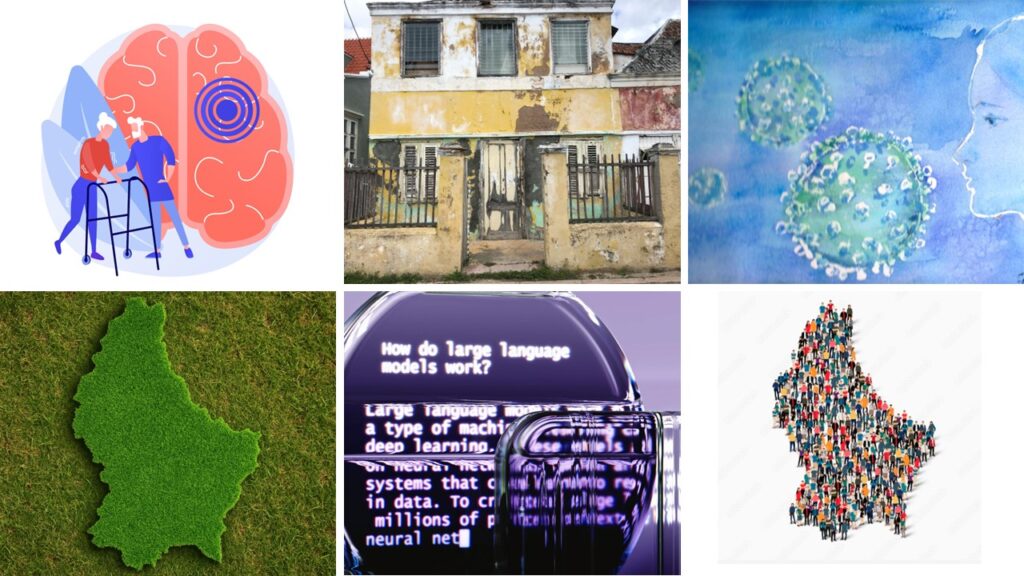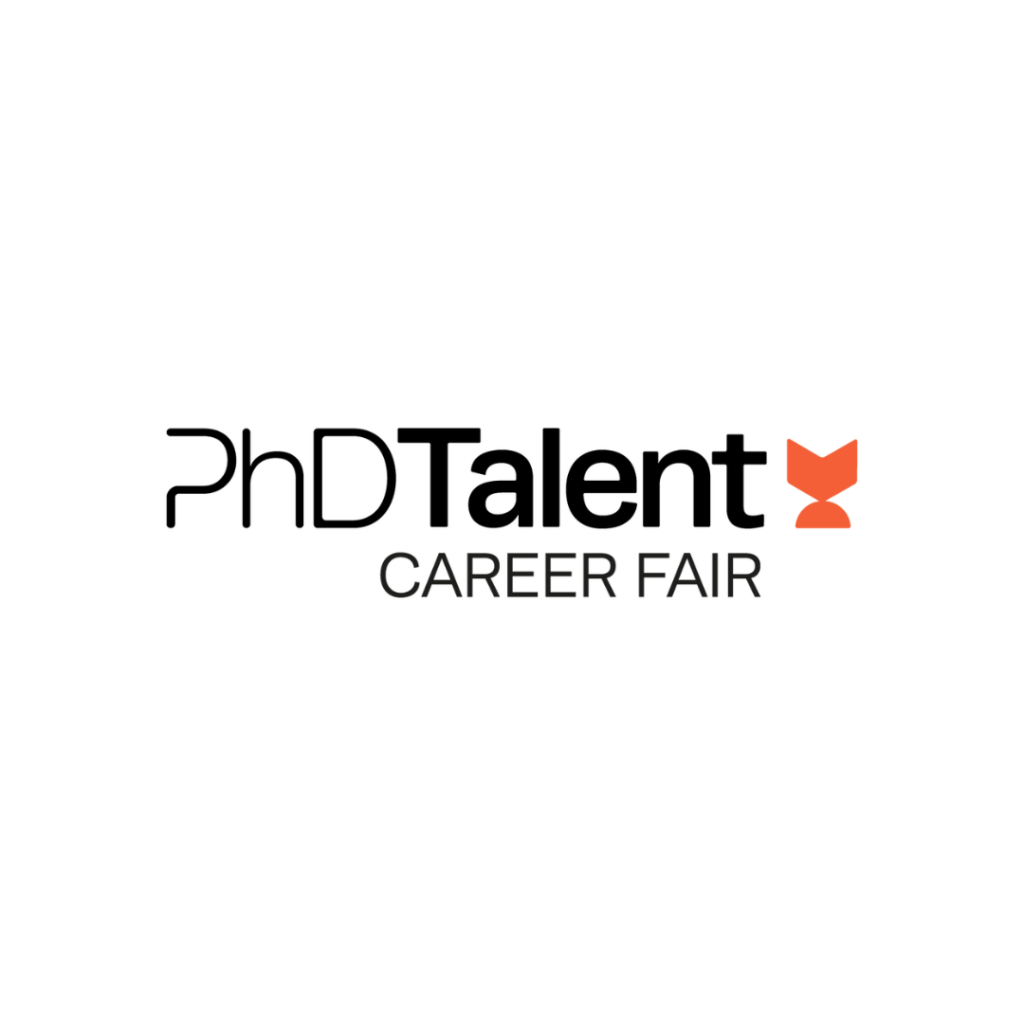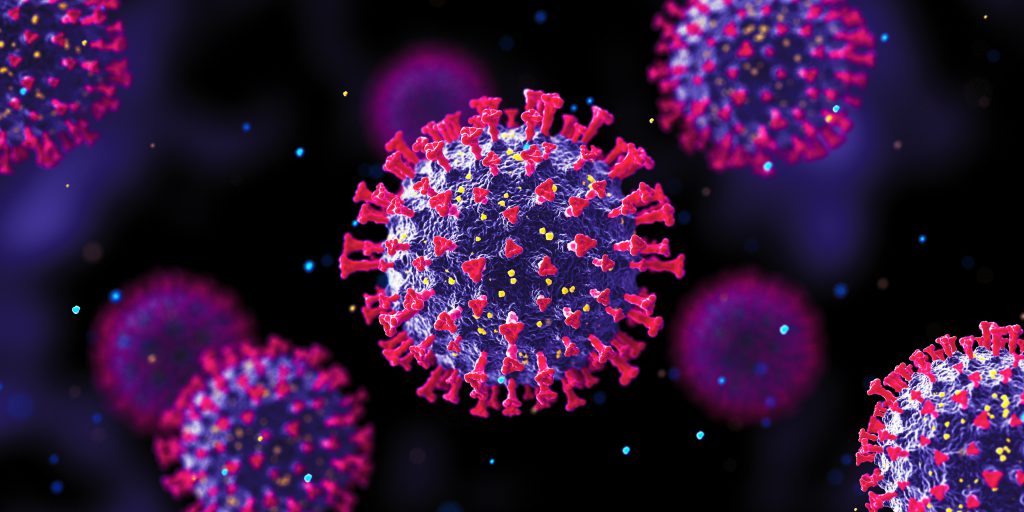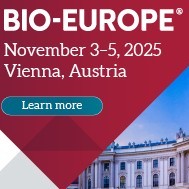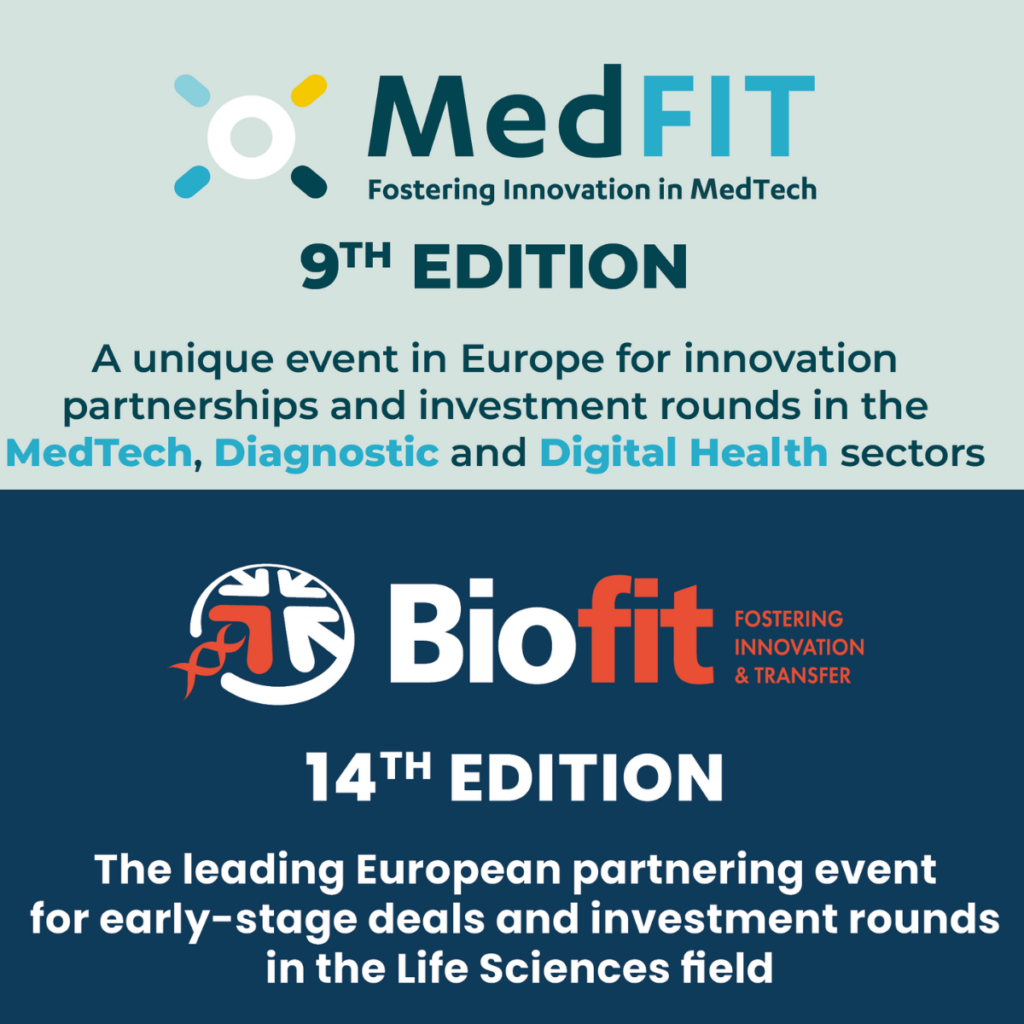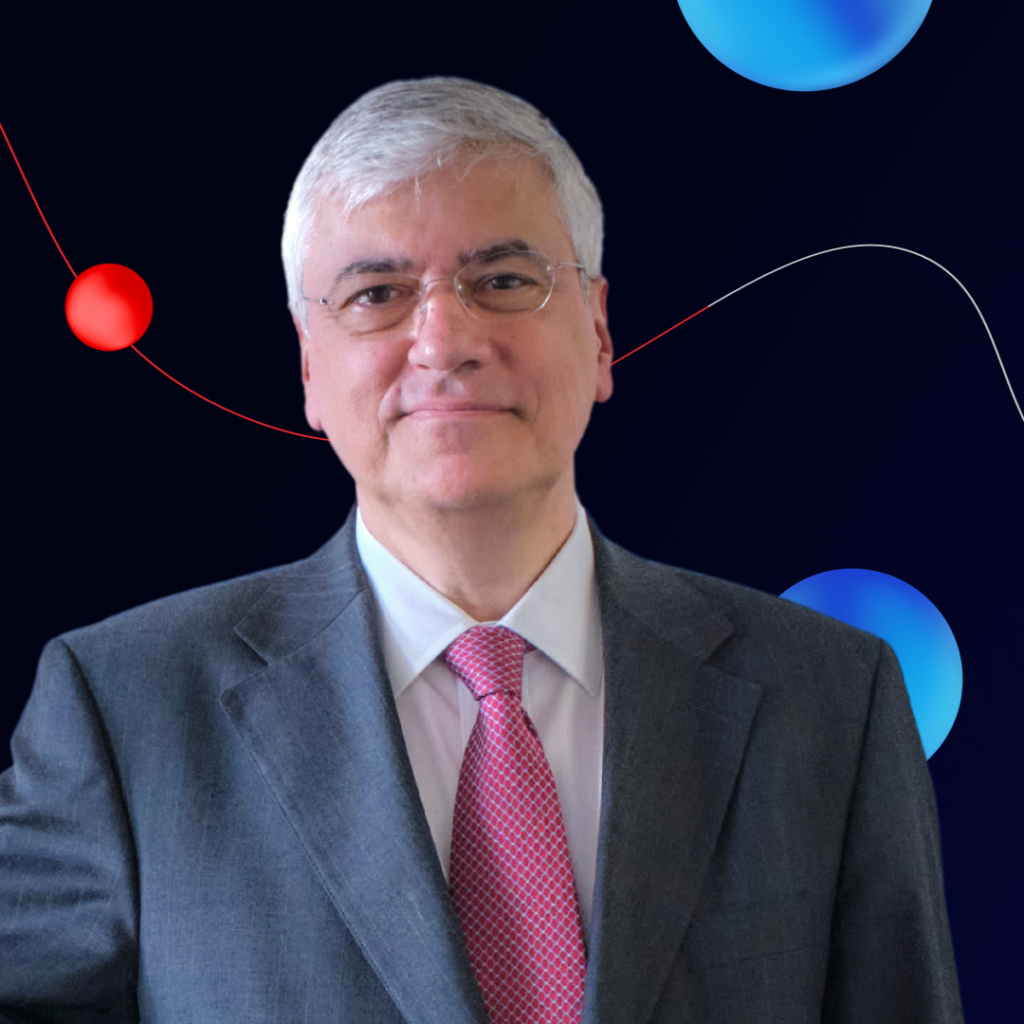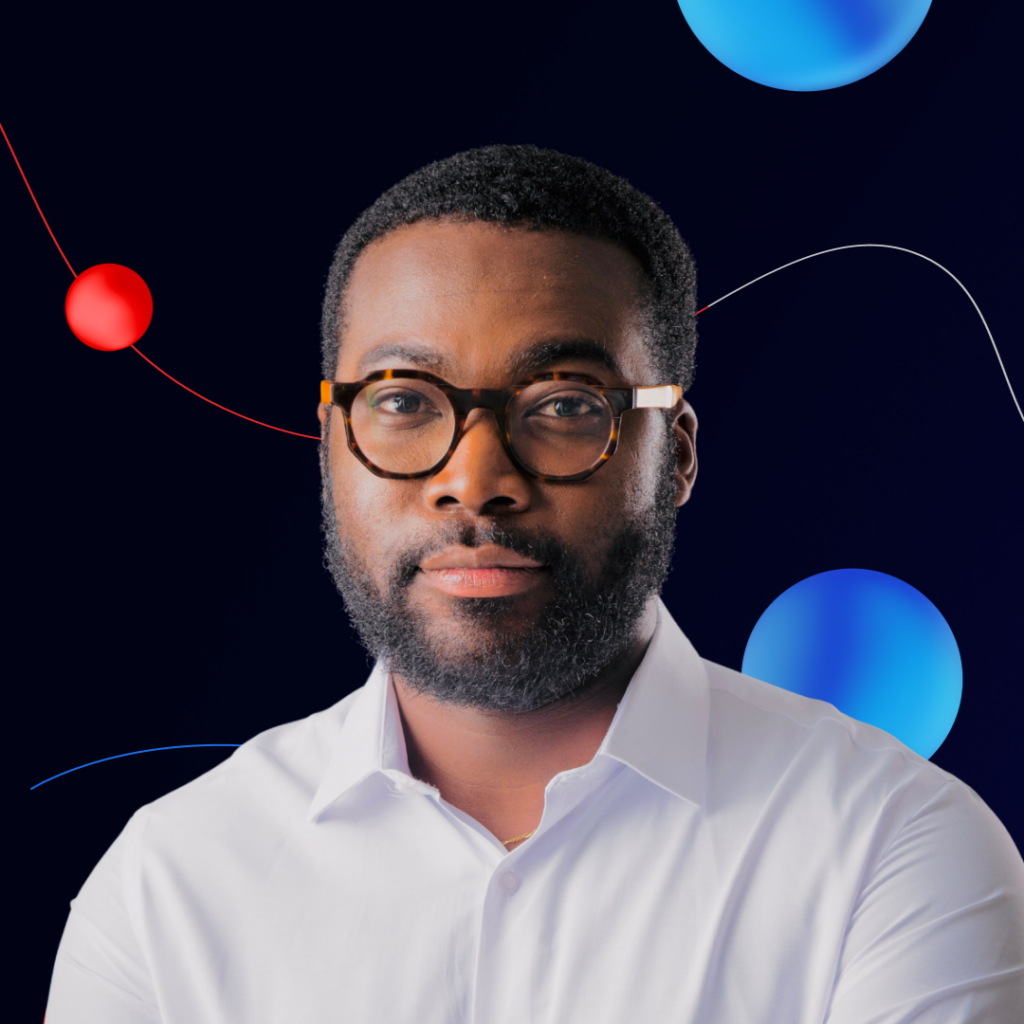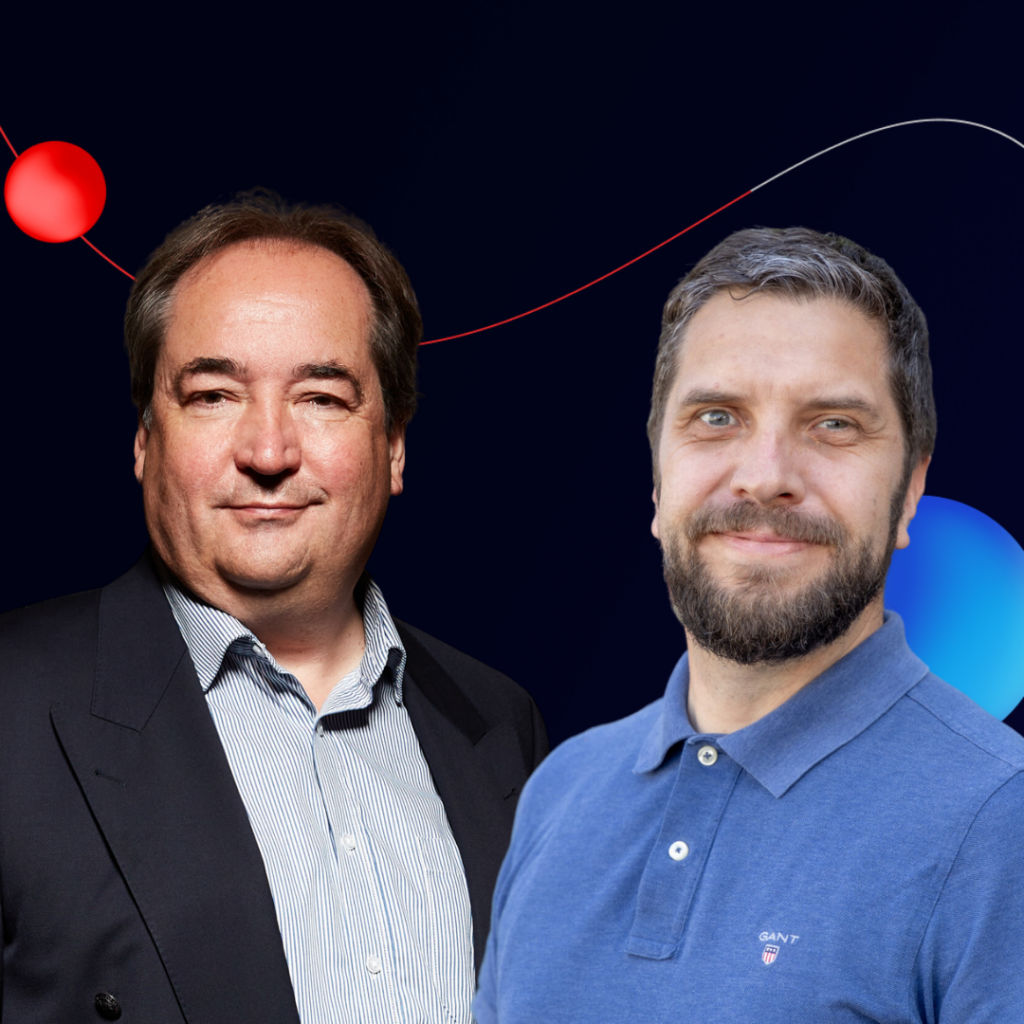SciLux podcast – Christoph Purschke, associate professor at University of Luxembourg
22 November 2022

Digital multilingualism
While multilingualism is in Luxembourg’s DNA, digital tools can help to better analyse Luxembourg’s language environment. Prof. Christoph Purschke uses digital tools to understand Luxembourgish, the written standards of which are still under construction.
“We are witnessing the emergence of a new written standard language right in the middle of Europe right now. That is a very rare thing to have.”
Professor Christoph Purschke is Associate Professor in Computational Linguistics at the Institute for Luxembourg Studies of the University of Luxembourg. He recently founded the Culture & Computation Lab (CuCo Lab), a transversal research unit for Cultural Data Science hosted at the Department of Humanities of the University. By using digital tools to analyse language, his work focuses on Luxembourg’s multilingual environment.
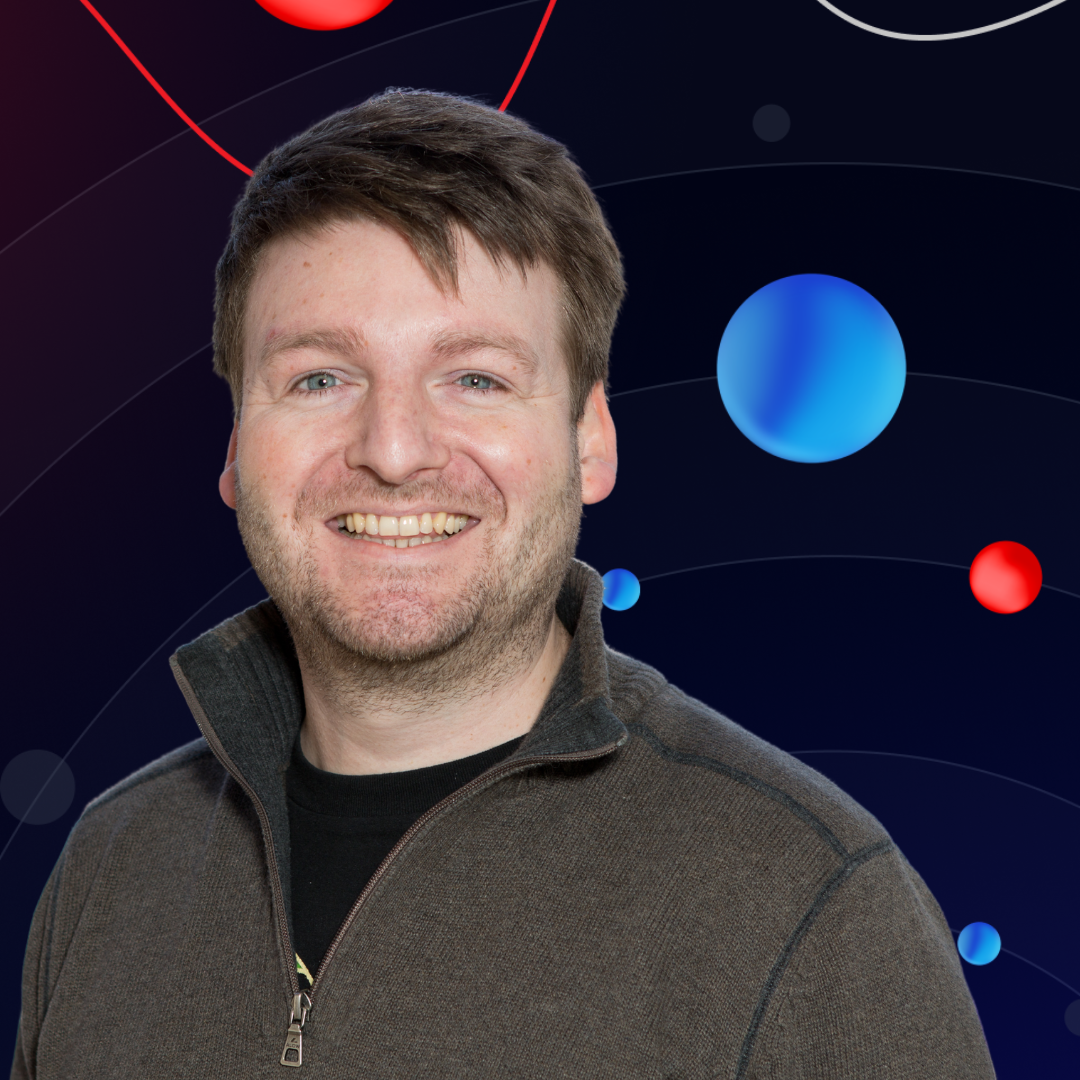
Listen to Prof. Christoph Purschke, associate professor at the University of Luxembourg, to understand his work on Luxembourgish language in the country’s multilingual environment.
Language and society
Language is not only a technical problem, it is also a social issue. It is therefore crucial to study what are the factors for a language change, to better understand the relationship between language and society.
As computational linguist, Prof. Purschke is combining different disciplines and methodological approaches to the analysis of language as a cultural phenomenon, more especially using computational working methods collect a greater number of data.
Studying Luxembourgish
As Luxembourgish is very young language, not written for a long time, it is a fascinating case of study for a linguist like Christoph Purschke, able to analyse how a new written standard evolves in real time.
Indeed, Luxembourgish is embedded in a complex form of multilingualism, with other languages around that influence it. There is also a political dimension with several ongoing debates related to the question of languages within the Luxembourgish society, in the daily life (which one should be used for politics, how to learn them at school, etc.).
Citizen science project
In this episode, Prof. Purschke also presents Lingscape, a project that aims to involve people in the diversity of language in public space. With a mobile app, people are invited at taking photos of written sentences in the public space, and upload them on a interactive map. The aim is to collect a wide data set of things that people might find interesting and make this multilingualism visible to people that are not in Luxembourg.
A podcast to highlight research made in Luxembourg
Research Luxembourg, RTL Today and SciLux have teamed up to launch a new series of podcasts showcasing science in Luxembourg and beyond.
With a new episode every 2 weeks published on RTL Play, ‘SciLux powered by Research Luxembourg’ will showcase research activities and scientific cooperation in the Grand Duchy.


